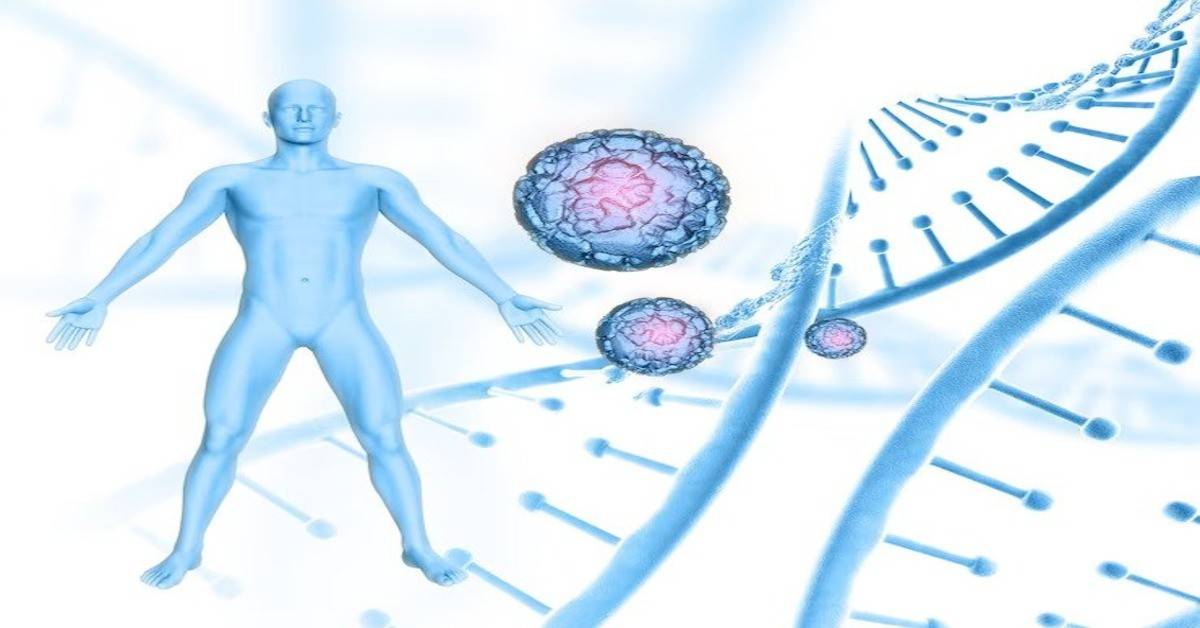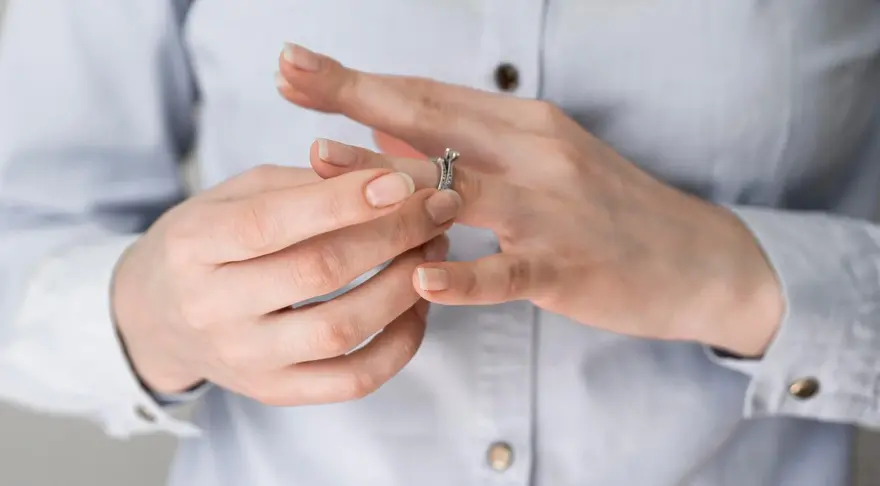Preventive Healthcare
Everything You Need To Know About Lymphoma Nodes
2435 Views
0

What are Lymphoma Nodes?
Lymphoma is a cancer of the lymphatic system, which includes the lymph nodes, spleen, and other organs. Lymphoma nodes are usually enlarged, but not always. They may be single or multiple and may be located in any part of the body.
Most people with lymphoma have enlarged lymph nodes in more than one body area. The lymph nodes may be on both sides of the neck, under the arms, or in the groin. Occasionally, only one group of lymph nodes is involved.
Lymphoma nodes may feel hard or rubbery and vary in size from pea-sized to much larger. They are usually painless unless they become infected (a condition called cellulitis). In some cases, enlarged lymph nodes may cause other symptoms such as fever, night sweats, weight loss, or fatigue.
Risk Factors
There are several risk factors associated with lymphoma nodes. One of the most significant risk factors is a weakened immune system. This could be due to many reasons, such as HIV/AIDS, autoimmune disorders, or cancer treatment. Other risk factors include a family history of lymphoma, being male (as lymphoma is more common in men), and exposure to certain chemicals or radiation. While having one or more of these risk factors does not necessarily mean you will develop lymphoma, it is important to be aware of them. If you have any concerns, speak to your doctor.
Symptoms of Lymphoma Nodes
There are a few different symptoms that may be indicative of lymphoma nodes. Firstly, you may notice enlarged lymph nodes. These can occur in the neck, armpits, or groin and may feel rubbery or firm to the touch. Additionally, you may experience fatigue, weight loss, night sweats, or fevers. If you have any of these symptoms, it is important to see a doctor as soon as possible for further testing and diagnosis.
Causes of Lymphoma Nodes
The lymphocytes are found in the lymph nodes, which are small, bean-shaped glands scattered throughout the body. Lymphoma can develop in any part of the body where there are lymphocytes present.
The cause of lymphoma is unknown, but it is believed to be the result of a combination of environmental and genetic factors. There is no single “cause” of lymphoma, but certain risk factors have been identified that may increase a person’s chance of developing the disease. These include:
• Family history: Having a first-degree relative (parent or sibling) with lymphoma increases your risk.
• Age: People over the age of 60 have an increased risk.
• Gender: Men are slightly more likely to develop lymphoma than women.
• Race: White people have a slightly higher risk than people of other races.
• Infection: Certain infections, such as HIV/AIDS or hepatitis C, increase your risk.
• Autoimmune diseases: Certain autoimmune diseases, such as rheumatoid arthritis or lupus, increase your risk.
Diagnosis of Lymphoma Nodes
We have listed certain common symptoms in this blog to help you diagnose lymphoma nodes. As mentioned earlier, the most common symptom of lymphoma is the enlargement of one or more lymph nodes, which are small, bean-shaped glands that are part of the body's immune system.
Other potential symptoms of lymphoma include:
• Itching
• Shortness of breath
• Coughing up blood
A physical exam will be performed to check for swollen lymph nodes. If lymphoma is suspected, a biopsy will be done to remove a sample of tissue from a lymph node for further testing. This can be done using a needle or through surgery. Once a diagnosis is made, additional testing will be done to determine the stage of the disease.
Treatment of Lymphoma Nodes
There are two main types of treatment for lymphoma nodes: chemotherapy and radiation therapy.
Chemotherapy uses drugs to kill cancer cells. It can be given intravenously (through a vein) or as a pill. Radiation therapy uses high-energy X-rays to kill cancer cells. It can be given externally (from a machine outside the body) or internally (from a radioactive source placed inside the body).
The type of treatment you receive will depend on your type of lymphoma, its stage, age, overall health, and preferences.
People with early-stage Hodgkin lymphoma are generally treated with either chemotherapy or radiation therapy, or both. People with more advanced diseases may need more intensive chemotherapy and radiation therapy treatment.
People with non-Hodgkin lymphoma often receive chemotherapy, sometimes with other drugs such as rituximab. If cancer doesn’t respond to chemotherapy, it may receive other types of treatment, such as immunotherapy, targeted therapy, or stem cell transplants.
Radiation therapy may also be used to treat some people with non-Hodgkin lymphoma who cannot have surgery.
The Prognosis for Lymphoma Nodes
The prognosis for lymphoma nodes is generally good. However, the specific outlook depends on the type of lymphoma and the stage (extent) of the disease.
For most types of lymphoma, the cure rate is high. Even people with advanced stages of the disease can be cured with treatment. However, there is always a risk that cancer will return (recur). The chance of recurrence is highest in the first few years after treatment.
People with certain types of lymphoma may have a higher risk of recurrence or may be more difficult to treat. Some forms of lymphoma grow quickly and are more likely to spread to other parts of the body. These types of lymphoma tend to have a poorer prognosis.
Conclusion
Lymphoma nodes are a serious condition that can greatly impact your health. With early diagnosis and treatment, many people with lymphoma nodes are able to make a full recovery. Your doctor might recommend you take CT and MRI scans to look for signs of lymphoma in your body. Metropolis Healthcare Labs offers dependable and fast results at the best rates. We have an extensive network of laboratories across India, making it easy for you to get quick test results. Contact us today to learn about the different tests that we offer.























 WhatsApp
WhatsApp
